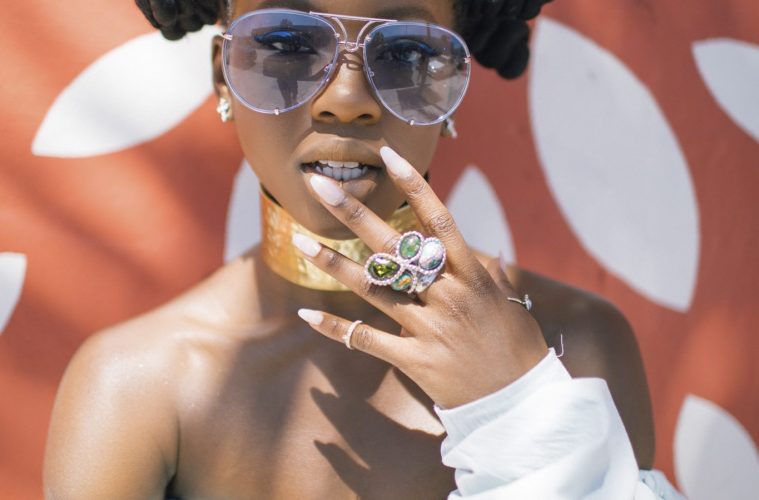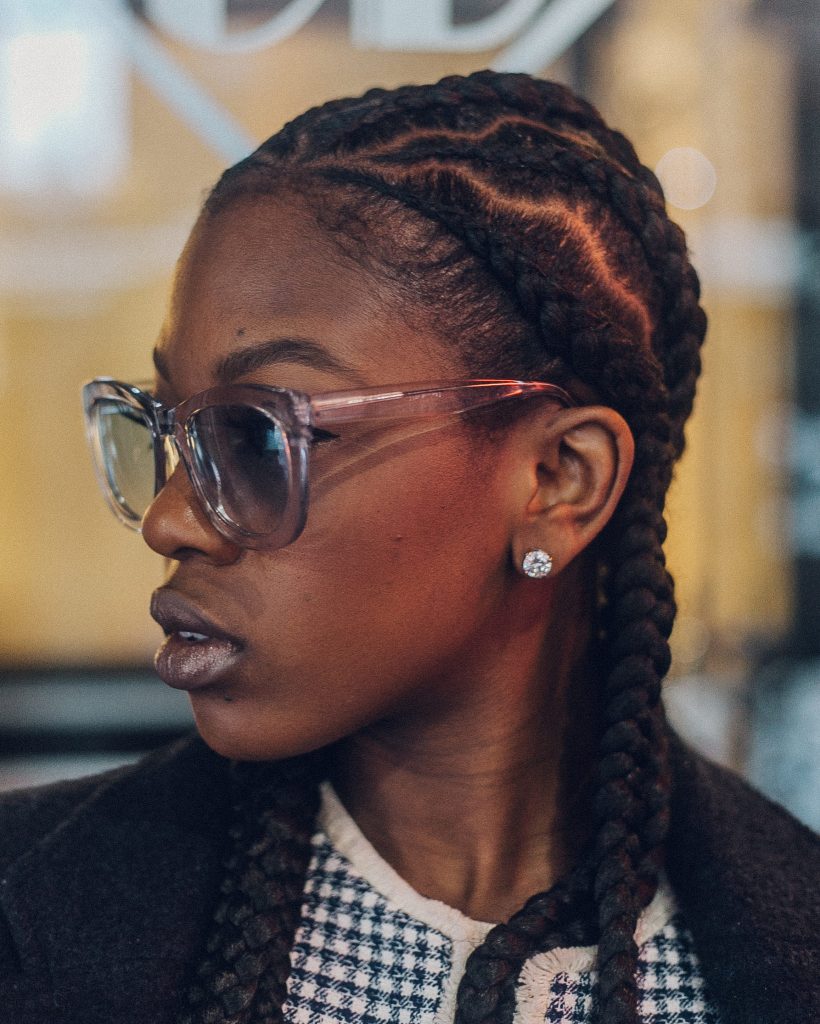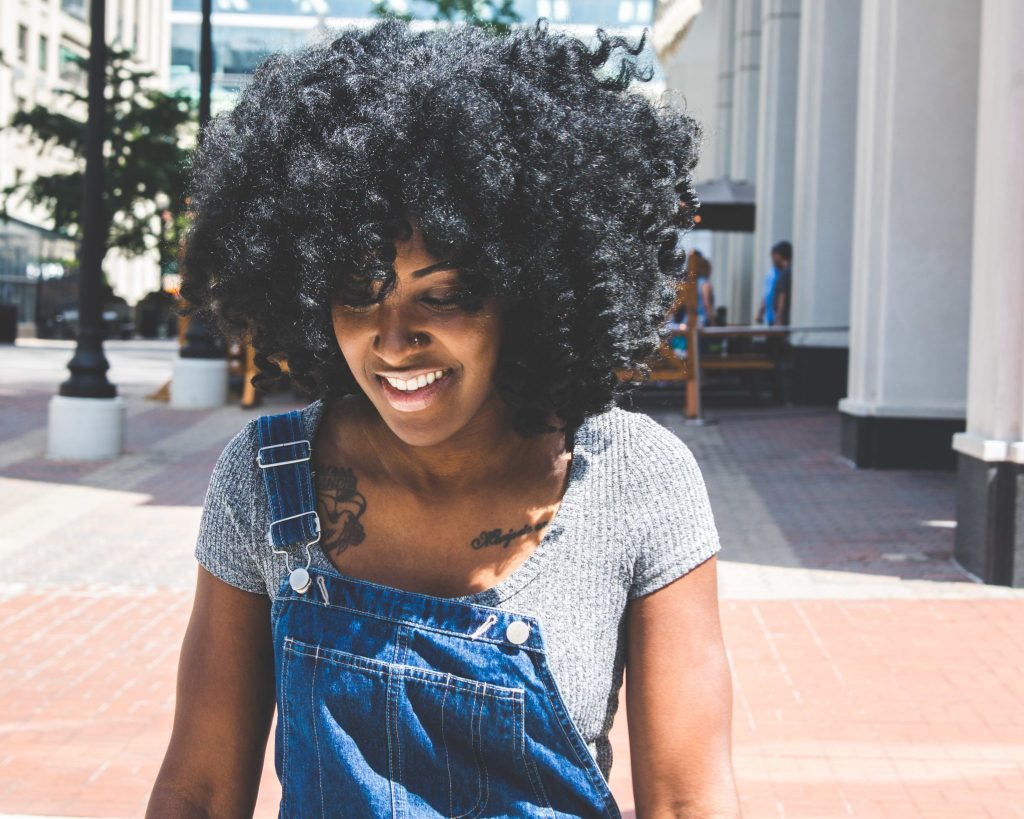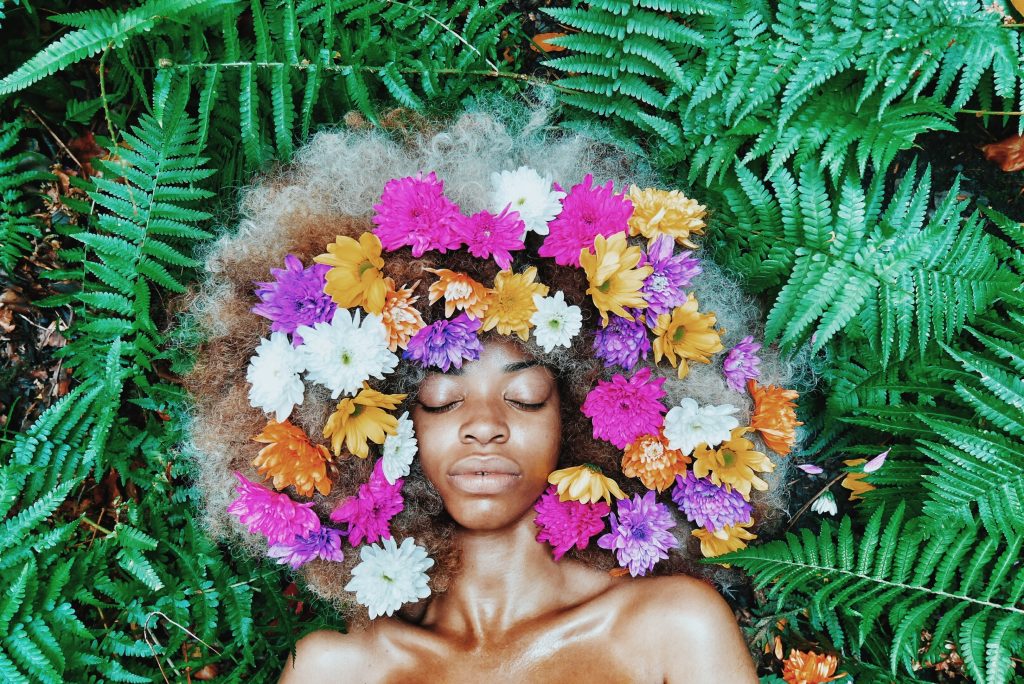There are many women of color who constantly straighten their hair because they don’t feel beautiful and get ridiculed for rocking their natural hair. Turning on their flat irons to the highest temperature before they trace their hair with a comb to straightening out their curls. Some opt to cover their hair from root to tip with a perm, keeping it in longer while their scalps burn until it’s time to be washed out. Destroying their natural hair and scared of getting their hair wet because it will revert to its natural state.
It’s essential for women of color to love and embrace their natural hair. Women of color have hair textures that range from 3A- 3C, the looser, wavier corkscrew-like curls, to 4A-4C, the tighter, kinkier curls. These textures allow for the hair to be styled in a myriad of ways. Whether it is Bantu knots, braids, dreadlocks, and twist outs, or ponytails, buns, afros, and braid outs, black women’s natural hair is versatile.
Some women of color argue that their natural hair is too hard to deal with and this is why they straighten it. However, for every complaint there are tons of videos on YouTube and social media, teaching women how to style and care for their natural hair. There are also plenty of natural hair products such as Cantu, Shea Moisture, Roots of Nature, and Camille Rose Naturals, that help in making natural hair healthier and easy to manage.
A lot of African American women and girls are looked down on and treated differently because of their hair textures and feel forced to straighten their hair. In her article, ‘Being Bullied Taught Me How to Love My Natural Hair’, Felicia Fitzpatrick explained that once she discovered relaxers, she begged her mother to let her get one.
“After I saw that I could somewhat achieve the silky blow-in-the-breeze hair that my classmates had, straightening became habitual. It gave me some semblance of fitting in, but also led to fried, damaged hair from daily flat ironing,” Fitzpatrick wrote.
In Fitzpatrick’s case, she felt like she had to straighten her hair to be accepted and not be taunted by her peers. She liked her straightened hair but realized that her natural hair is beautiful. Learning to embrace her curls and also not care what anyone thinks.
This is the premise of Netflix’s movie ‘Nappily Ever After,’ Sanaa Lathan plays a woman whose mother is obsessed with her daughter being and looking perfect. In order for her to appear perfect, she has to have perfectly straightened hair. She must have the perfect job. The perfect house and a perfect husband.
Spoiler alert. After years of keeping up this perfect persona her mother has instilled in her, Lathan’s character comes home drunk and spontaneously shaves off her hair. When she wakes up the next morning she is sad, excited and obviously shocked to see she no longer has straight long hair. It takes her a little time to realize that she is truly free but once she does, she is relieved that she can be her natural self and not have to worry ab
out having straight hair all the time, just to look perfect. ‘Nappily Ever After’ shows the feeling of freedom women can have when they do not have to worry about keeping up appearances and also keeping their hair straight.
There are some people who believe that when black women wear extensions, weaves, or wigs, it means that their natural hair is really short or they are ashamed of their natural hair.
While this may be true for certain people, weaves and wigs are a form of protecting natural hair from the elements and give natural hair a break. These protective styles prevent breakage and allow hair to grow.
The phrase ‘your hair is your crowning glory’ is often used to show women that their hair is one of their most notable features. The phrase represents all hair textures. No matter how kinky, curly, short or difficult your hair is to manage, it is a crown that should be worn proudly.







